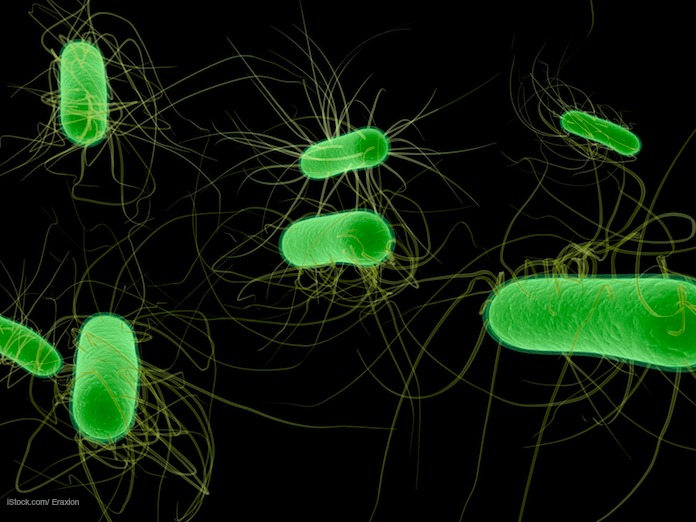Number five of the top 10 food poisoning outbreaks of 2017 was the E. coli HUS outbreak at the Marine Corps Recruit Depot San Diego and the Edson Range at Camp Pendleton, California. As of November 3, 2017, about 69 Marines recruits had contracted this infection.

More than a dozen recruits were hospitalized off base, and the rest were cared for on base. Nine of the Marines developed hemolytic uremic syndrome (HUS), a serious complication of this infection that can cause kidney failure.
The cause of this outbreak was never announced to the public. And the public was never told what was investigated. Other E. coli HUS outbreaks have been linked to anything from an ill employee who worked with food, to contaminated food or water.
Brigadier General William Jurney, who is commanding general of MCRD and the Western Recruiting Station said a month ago, “We remain dedicated to supporting the recruits and families most affected, and preparing recruits to return to training.” Families of the sick Marines were notified of their illnesses.
The symptoms of an E. coli infection include painful and severe stomach and abdominal cramps, a mild fever, and diarrhea that is bloody and/or watery. Most people get sick within a few days of exposure to the pathogenic bacteria, and most people do recover within a week or two.
Sometimes, this infection can cause a condition called hemolytic uremic syndrome. Shiga toxins produced by the E. coli bacteria destroy red blood cells. Those misshapen cells travel to the kidneys, where they block small tubes and cause kidney failure. The symptoms of HUS include little or no urine output, lethargy, easy bruising, and bleeding from the nose or mouth.
E. coli and HUS are serious conditions and require a doctor’s care. Most people who contract this infection and develop this complication need to be hospitalized. And many people who develop HUS can have kidney problems for life.




